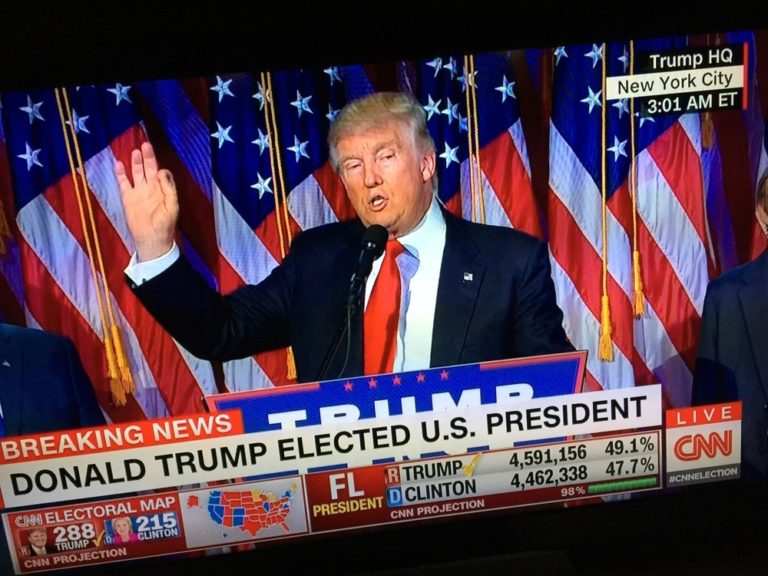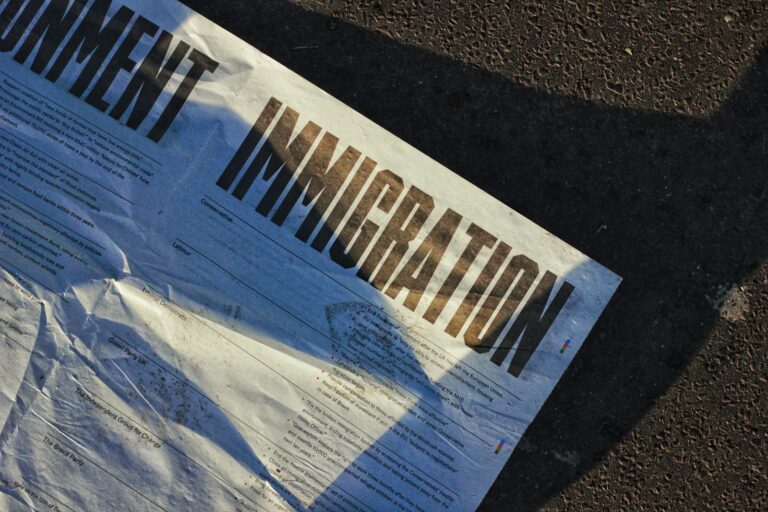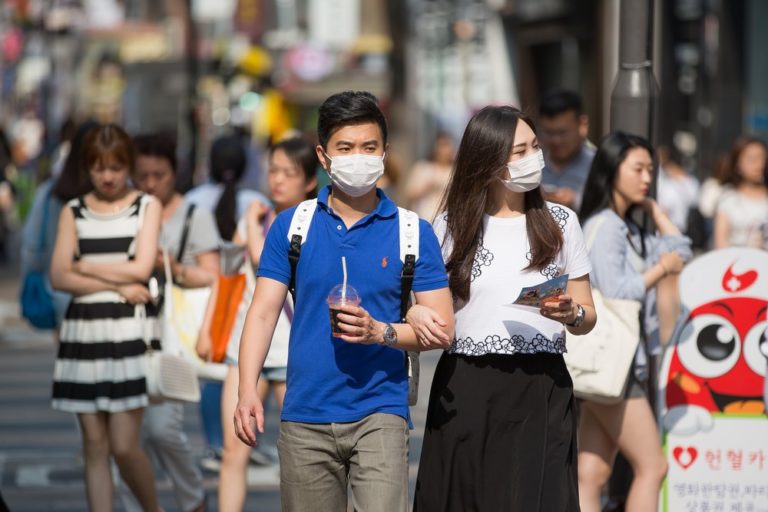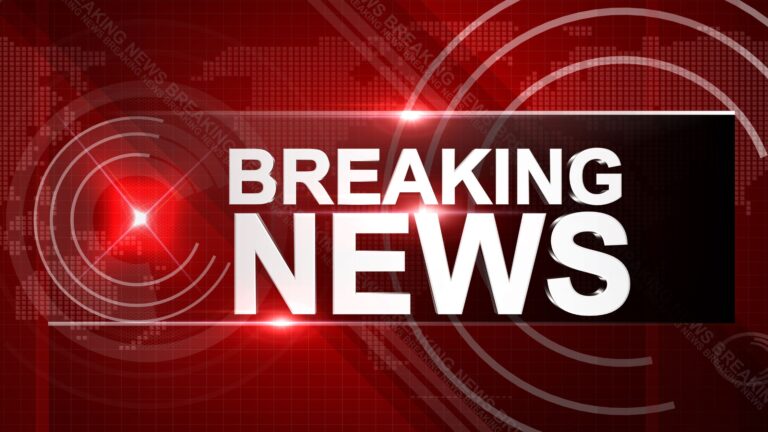Key Takeaways:
- Homeland Security Secretary Kristi Noem bans Harvard from enrolling international students.
- Current international students must transfer to other schools.
- This follows a $2 billion funding cut due to Harvard’s refusal to meet Trump administration demands.
- The move escalates the conflict between President Trump and Harvard.
- International students worry about their academic and immigration status.
Harvard’s International Students Caught in Political Crossfire
International students at Harvard University are facing an uncertain future. Homeland Security Secretary Kristi Noem recently sent a letter to Harvard. She announced that the university can no longer enroll international students. Current international students must transfer to other schools. This decision is the latest in an ongoing battle between President Donald Trump and Harvard.
The conflict began when Harvard refused to meet a list of demands from the Trump administration. As a result, Harvard lost $2 billion in funding. The administration claims its goals are to root out problems and improve transparency. However, the exact nature of these problems remains unclear.
What Does This Mean for International Students?
International students at Harvard are now in a tough spot. They must find new schools quickly. This can be stressful, especially during a pandemic. Students are also worried about their visas and immigration status.
Many are asking why Harvard is being targeted. The university has a long history of attracting top international talent. This decision could harm its reputation as a global learning hub.
Why Is the Trump Administration Targeting Harvard?
The Trump administration has been pushing universities to comply with certain demands. Harvard refused, leading to the funding cut. The administration says it wants to ensure taxpayer money is used wisely. Critics argue this is an attempt to control academic freedom.
Harvard is not the only school affected. Other universities that rely on federal funding might face similar issues. This could have long-term impacts on higher education in the U.S.
What’s Next for Harvard and Its Students?
Harvard is likely to challenge this decision. The university has a strong legal team and may argue the move is unfair. Meanwhile, international students are left in limbo. They must decide whether to transfer or leave the U.S. entirely.
This situation highlights the broader debate over immigration and education policies. International students contribute significantly to the U.S. economy and cultural diversity. Policies like this could discourage future students from choosing American schools.
A Global Reaction
The international community is watching closely. Other countries might see this as an opportunity to attract top students. Students and educators worldwide are sharing their concerns on social media, using hashtags like #SupportIntlStudents.
This is not just a local issue. It has implications for global education and diplomacy. The U.S. has long been a leader in higher education. Policies like this could change that reputation.
What Can Students Do Now?
Students affected by this decision should speak with their advisors. They need to understand their options for transferring or staying in the U.S. Legal experts recommend seeking guidance on immigration status.
Harvard is likely to support its students during this transition. However, the uncertainty is causing anxiety. Students are hoping for a quick resolution so they can focus on their studies.
The Bigger Picture
This conflict is part of a larger debate over university funding and autonomy. The Trump administration wants more control over how universities use federal money. Universities argue this could limit academic freedom.
The $2 billion cut is significant. It will affect research, scholarships, and campus programs. Harvard is one of the wealthiest universities in the world, but even it will feel the impact.
Conclusion
Harvard’s international students are facing a challenging road ahead. The Trump administration’s decision to cut funding and ban new international enrollments has created uncertainty. As the situation unfolds, students, educators, and policymakers are left wondering what the future holds for higher education in America.
This story is developing, and the outcome could set a precedent for other universities. For now, international students at Harvard must navigate this unexpected turn in their academic journey.










